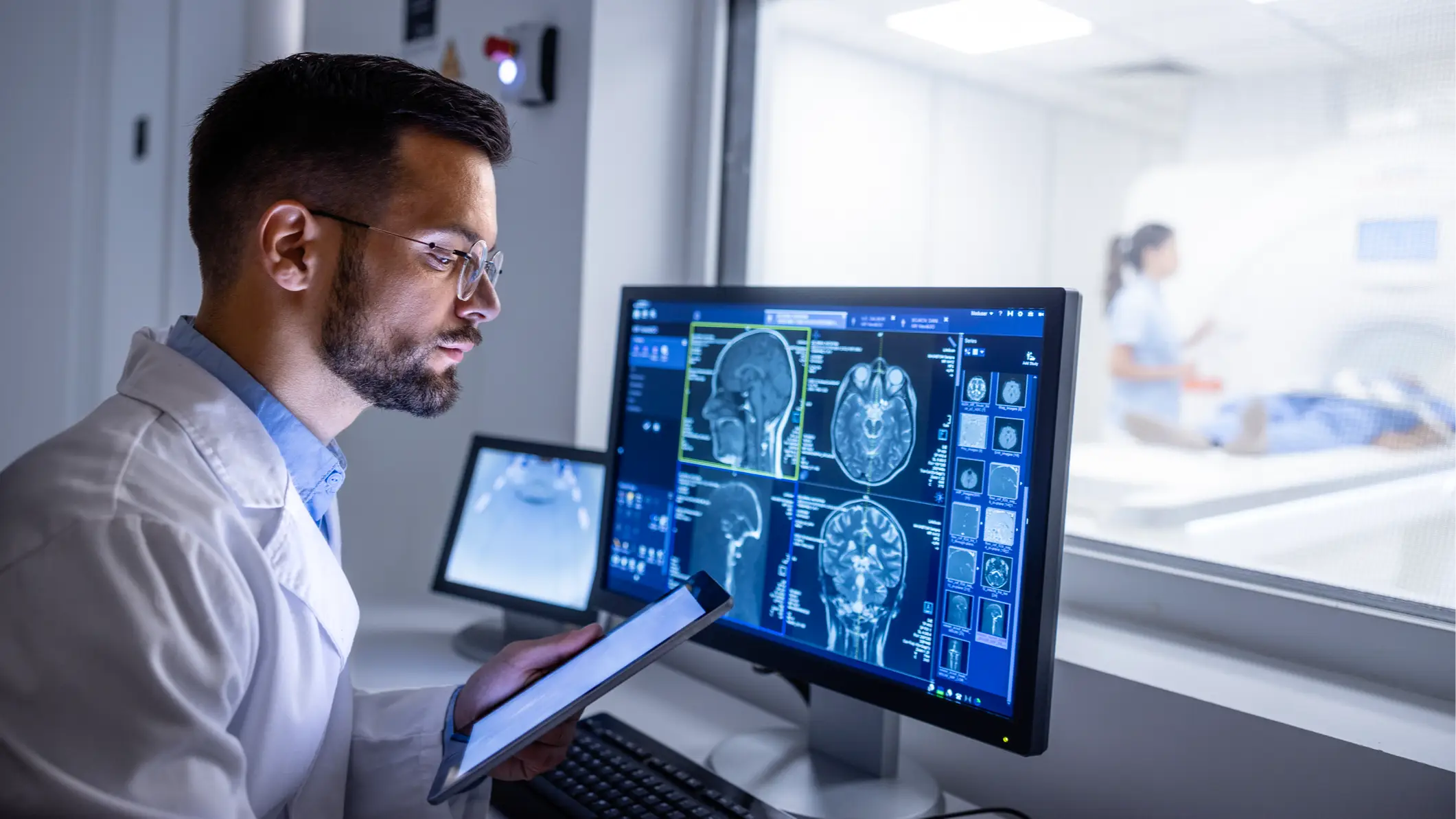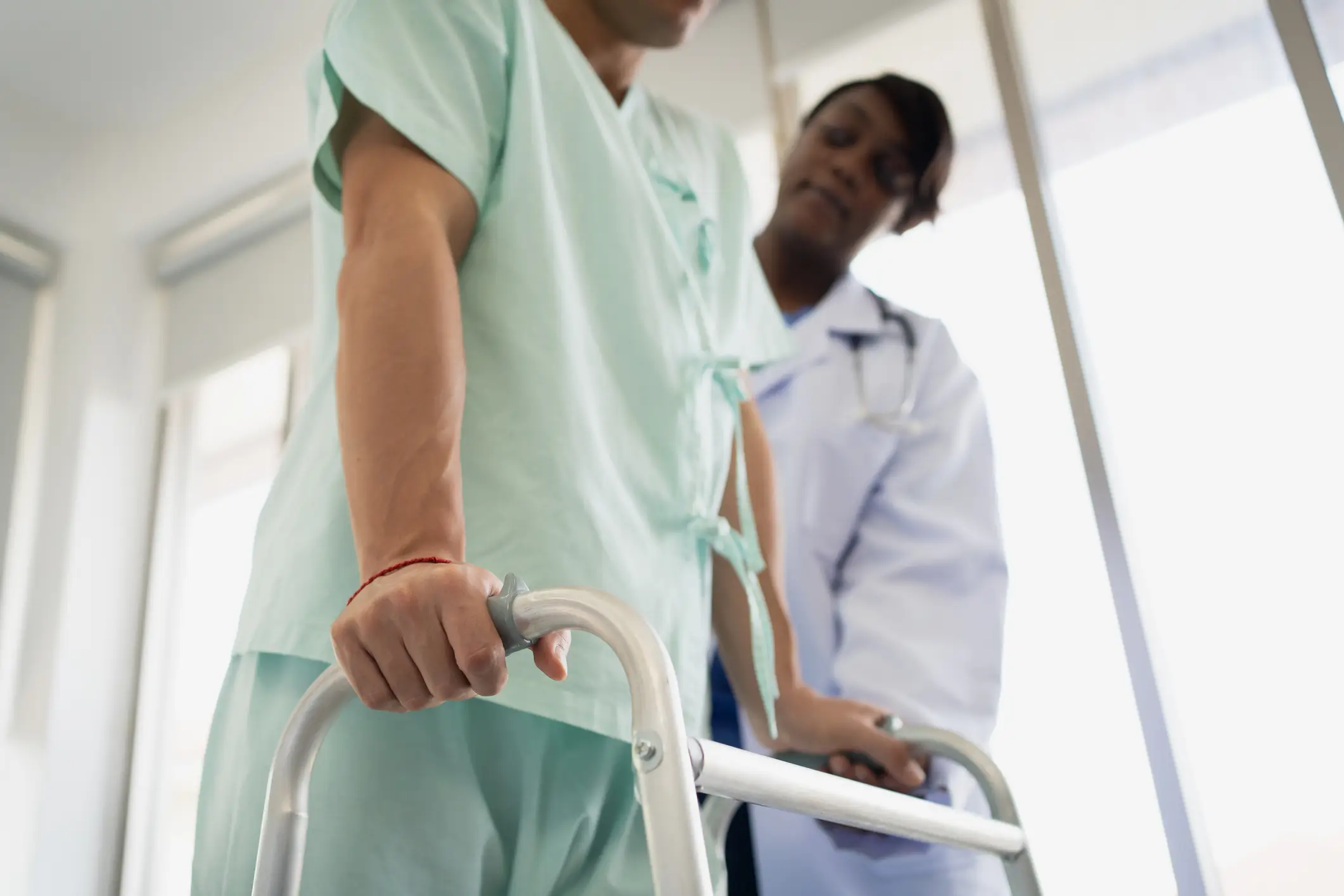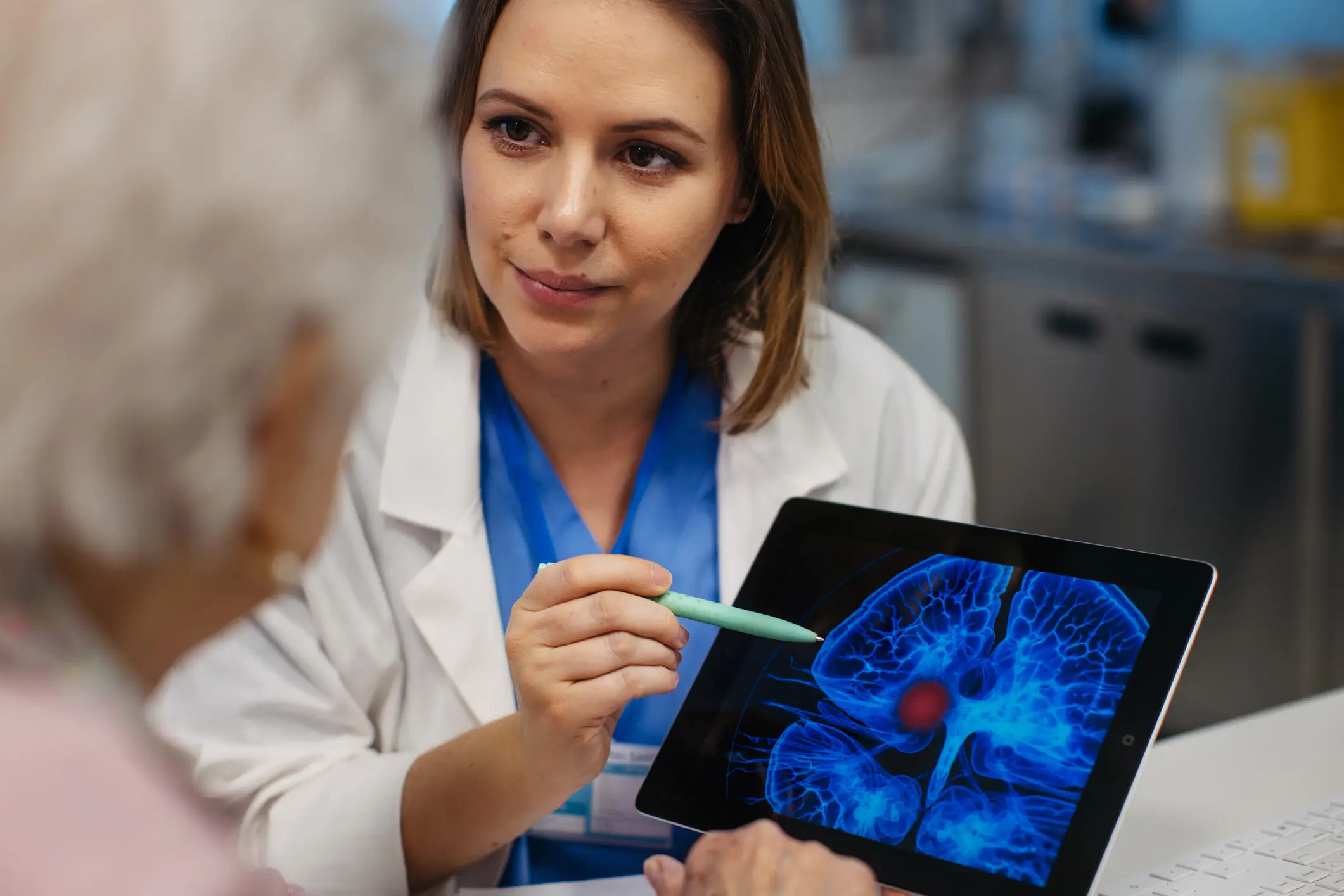
A new drug could one day revolutionize how stroke patients are treated by preventing further damage to the brain.
Each year, some 795,000 people in the United States experience a stroke, the CDC reports.
There are two types - both of which could be deadly. An ischemic stroke - the more common of the two - occurs when the 'blood supply to part of the brain is blocked or reduced,' as per Mayo Clinic.
This stops the brain tissue from getting oxygen, causing important brain cells to die within minutes.
Advert
The other type is hemorrhagic stroke, when a blood vessel in the brain leaks or bursts and causes bleeding in the brain, damaging cells.

It's vital suspected stroke patients are seen to right away; time is very much of the essence.
For some, recovery can be a long, difficult road, depending on the severity of the damage.
Now, researchers in Japan have developed a groundbreaking drug that could prevent further cell death.
What is the drug that could help stroke patients?
Led by Osaka Metropolitan University Associate Professor Hidemitsu Nakajima, the drug works by blocking a specific protein’s 'self-destruct' signal, keeping vulnerable brain cells alive.
Called GAI-17, it works by preventing a common protein - GAPDH - from sticking together.
When the proteins begin clumping up, it can make both brain and nerve diseases worse - including Alzheimer's.

When scientists gave GAI-17 to mice right after a stroke, those mice had far fewer dying brain cells and much less paralysis than mice that didn’t get the drug.
Better yet, further tests showed improvement in mice who'd received the drug six hours after a stroke.
There were no side effects either, such as impacts on the heart or the network of blood vessels in the brain. These findings were published in iScience.
“The GAPDH aggregation inhibitor we have developed is expected to be a single drug that can treat many intractable neurological diseases, including Alzheimer’s disease,” Professor Nakajima said.
“Going forward, we will verify the effectiveness of this approach in disease models other than stroke and promote further practical research toward the realization of a healthy and long-lived society.”
What are the symptoms of stroke?

There are three major symptoms of a stroke to look out for in others - and you're probably already familiar with the acronym FAST to remember them.
It stands for 'Face' - Is the person's face drooped to one side? Arms' - Can the person raise both arms? If one drifts downwards or one is unable to be moved, then it's cause for concern. 'Speech' - Can the person repeat simple phrases? Is their speech slurred? 'Time' - Dial 911 as soon as possible.
Other stroke symptoms include trouble understanding others, general confusion and numbness or weakness in one side of the body.
Blurred vision in one or both eyes, vomiting, dizziness and passing out could also be signs - as could a sudden, severe headache and trouble walking.
Topics: Dementia, Health, Science, Drugs, World News